In a statement, Trump said, "We're looking at different options, and we're looking at talking to Maduro, and we're looking at other options as well." When asked to elaborate on what those options might be, Trump replied, "I think it's too early to say, but we're looking at it very seriously." The U.S. has been critical of Maduro's government, accusing it of human rights abuses and undermining democracy in Venezuela.
The U.S. has been increasing its military presence in the region in recent months, with the deployment of additional troops and equipment to the border with Venezuela. The move is seen as a response to the growing crisis in Venezuela, where Maduro's government has been struggling to maintain control. The U.S. has also imposed economic sanctions on Venezuela, which have had a significant impact on the country's economy.
The possibility of talks between the U.S. and Venezuela's government has been met with skepticism by some experts. "I think it's a long shot, but it's worth exploring," said Dr. Maria Rodriguez, a Latin America expert at the Brookings Institution. "The U.S. has been critical of Maduro's government for so long, it's hard to see how they would be able to work together." However, others see it as a positive development. "This could be an opportunity for the U.S. to engage with Venezuela in a more constructive way," said Dr. John Smith, a professor of international relations at Georgetown University.
The current situation in Venezuela remains volatile, with ongoing protests and clashes between government forces and opposition groups. The U.S. has been providing humanitarian aid to Venezuela, but the situation remains dire. The next developments in this situation will likely depend on the outcome of any potential talks between the U.S. and Venezuela's government.
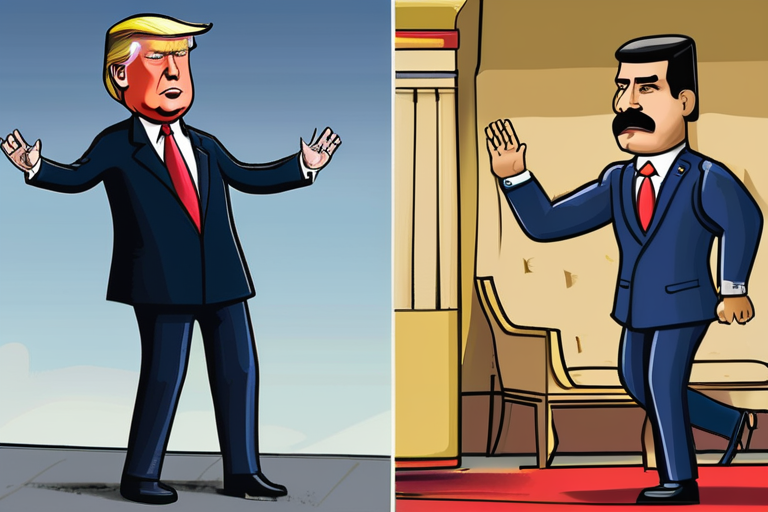


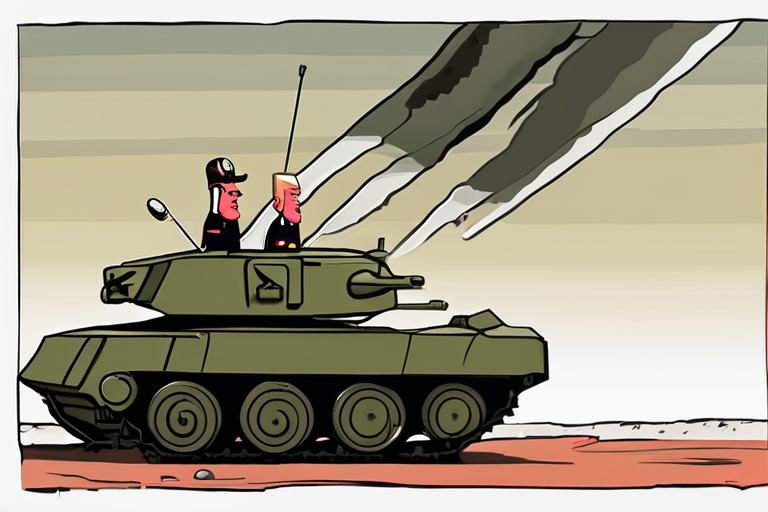
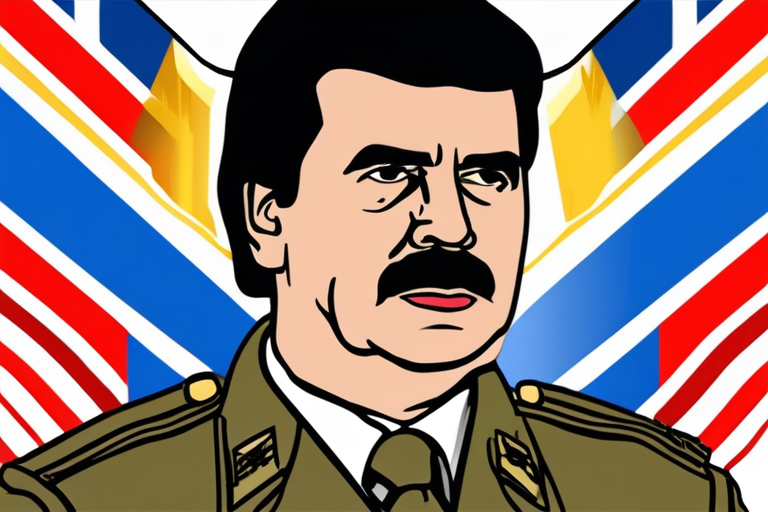
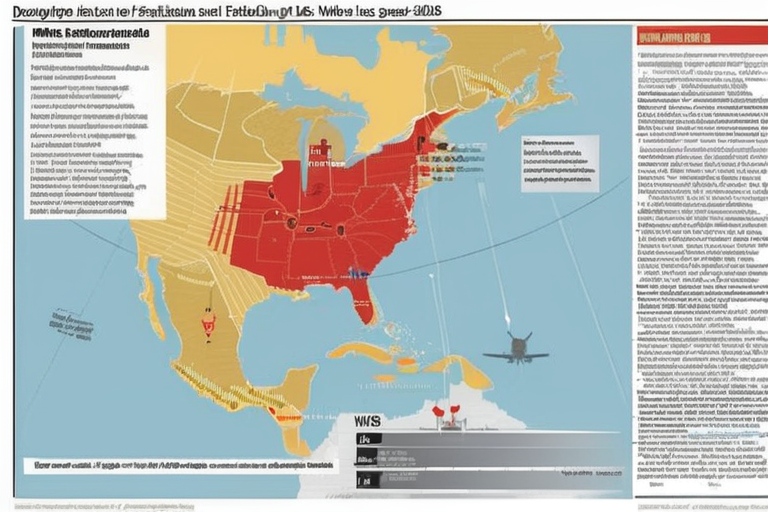
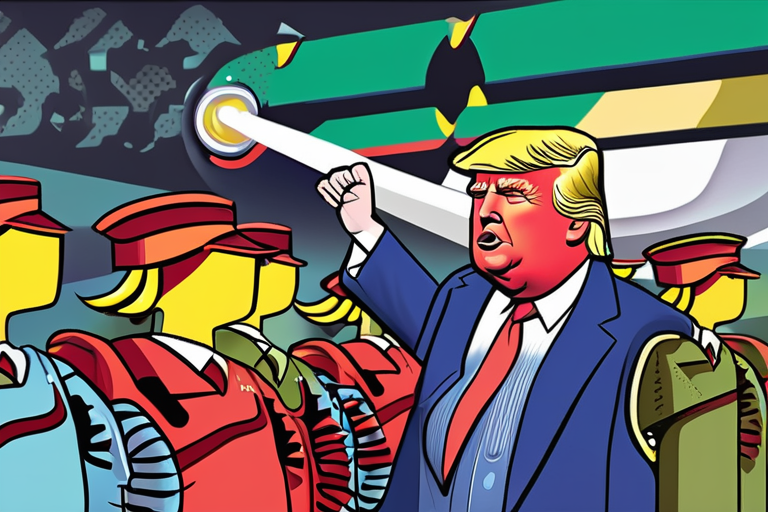
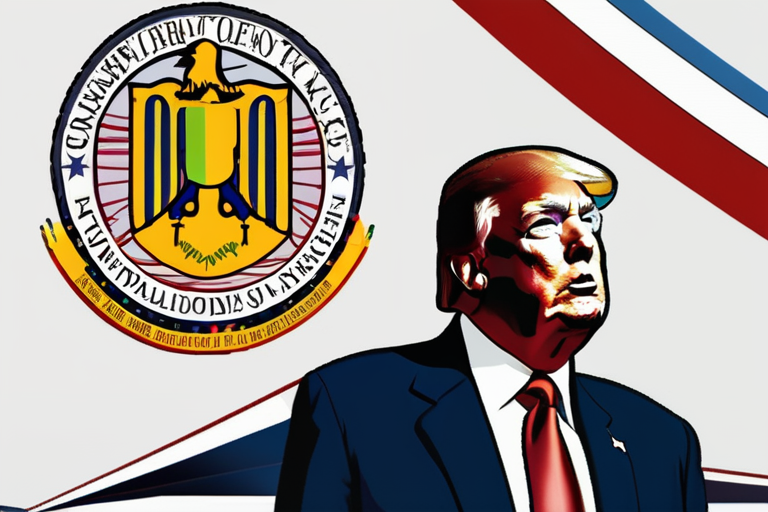
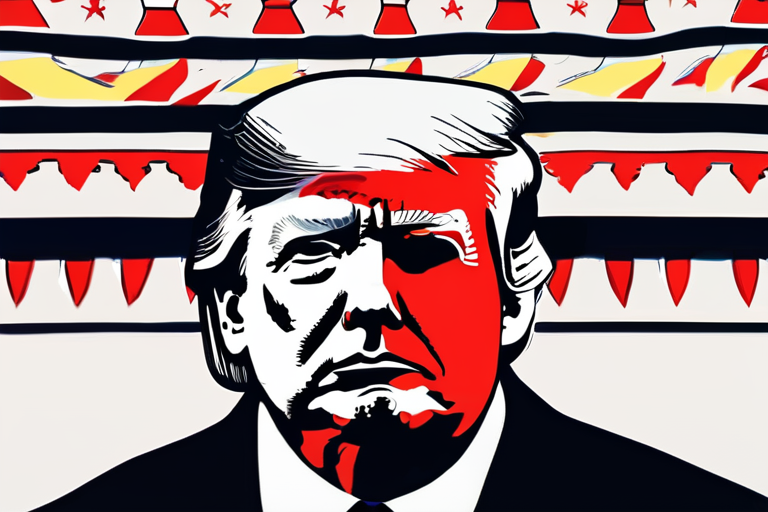
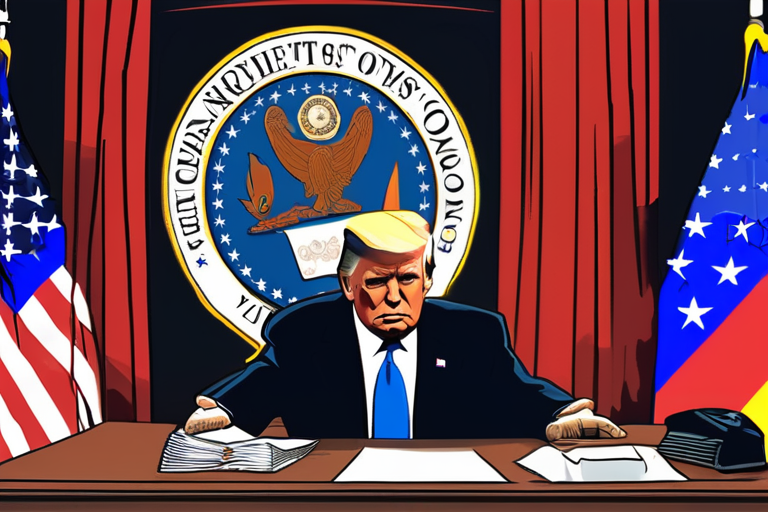
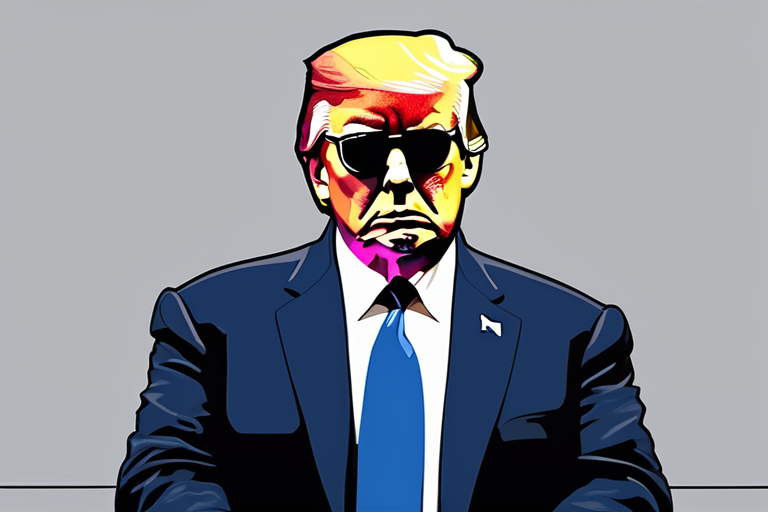
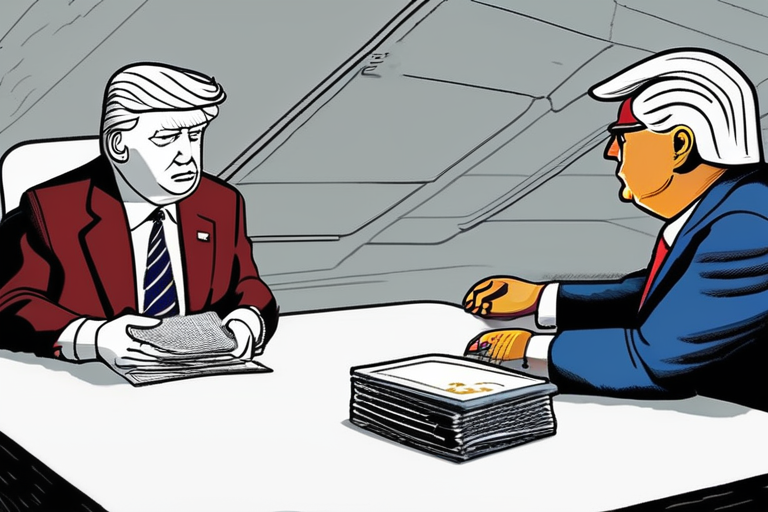
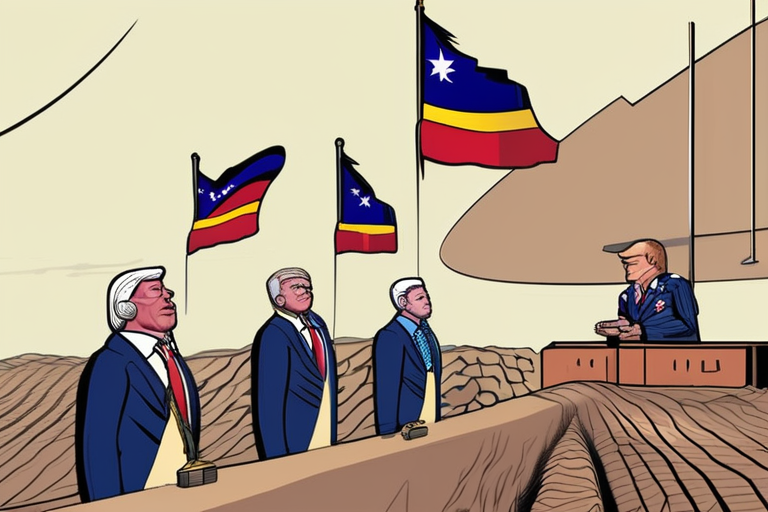
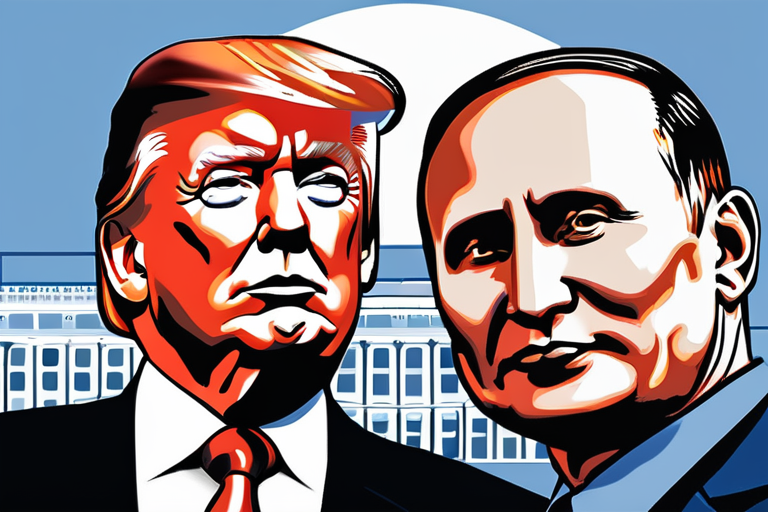
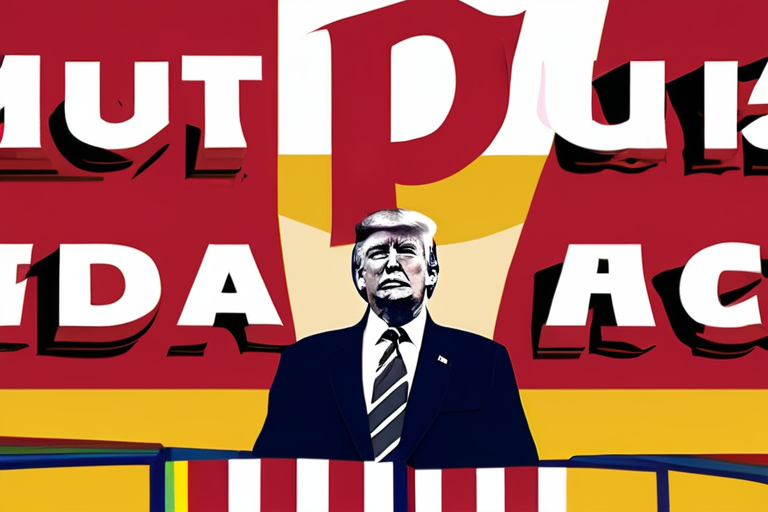

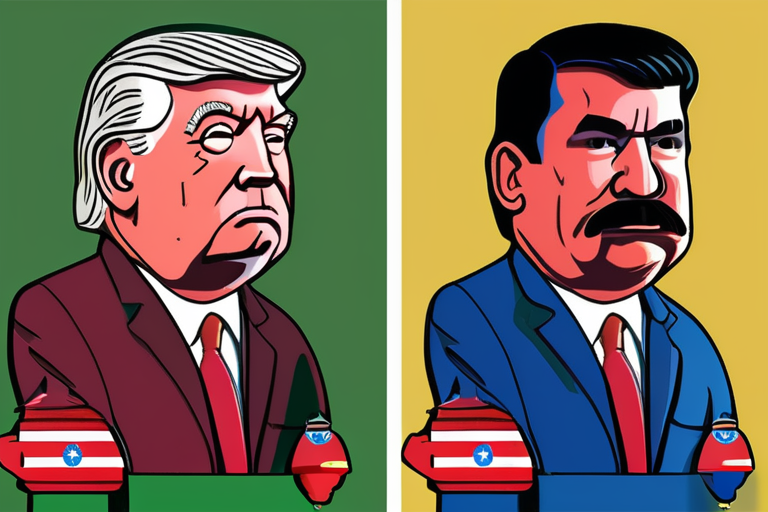
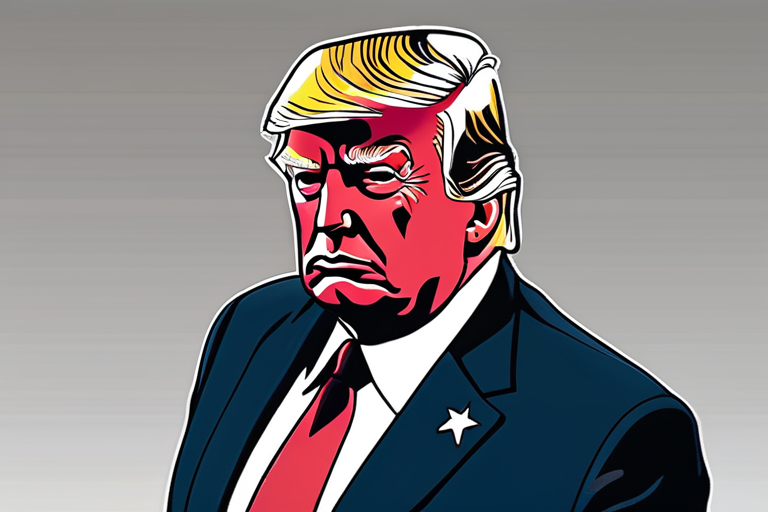

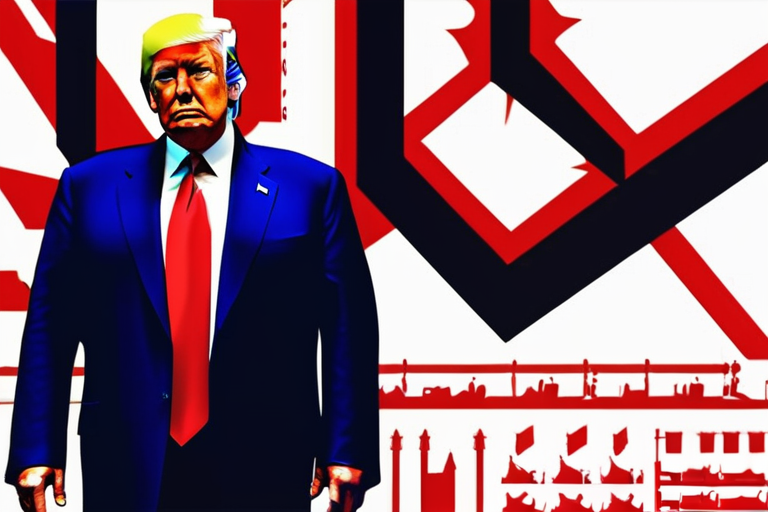
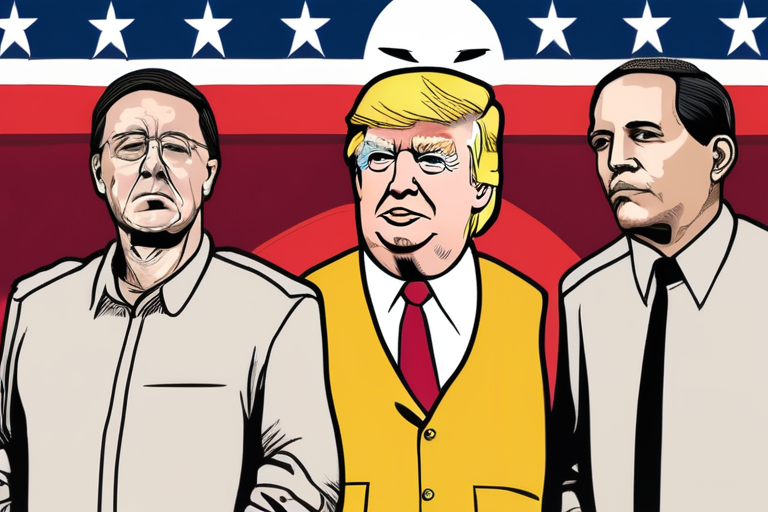
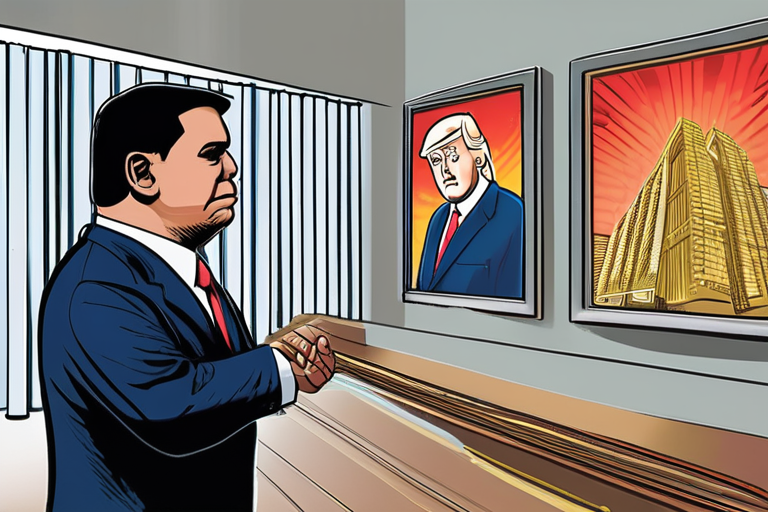
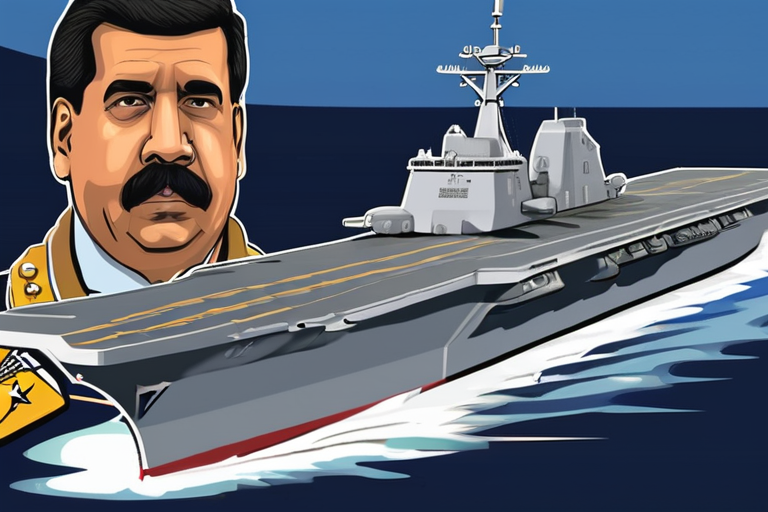
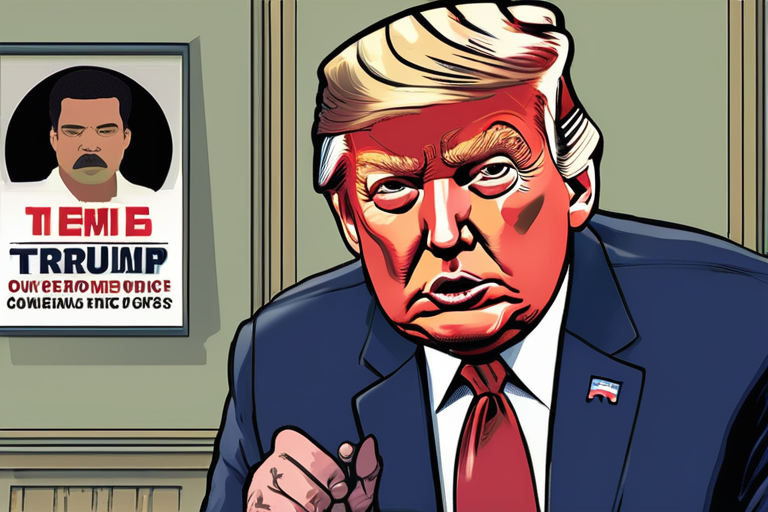
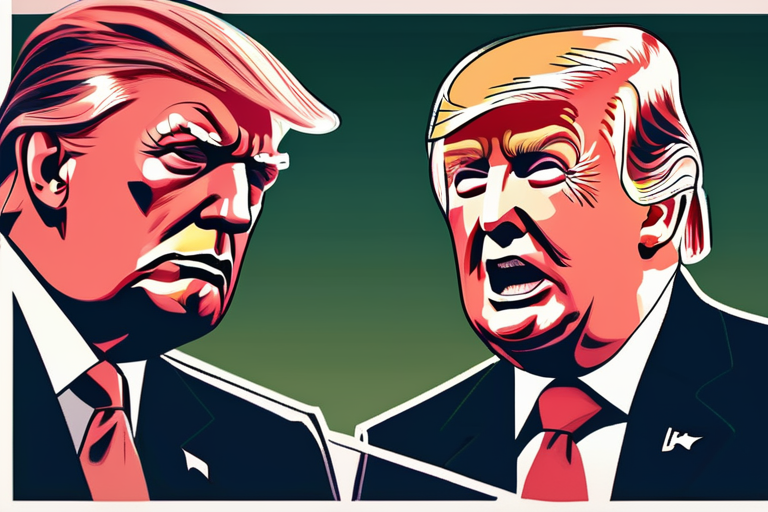
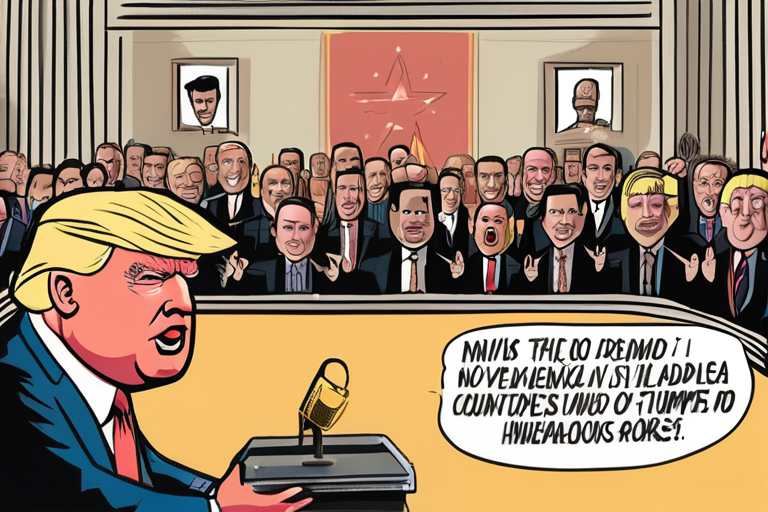

Share & Engage Share
Share this article